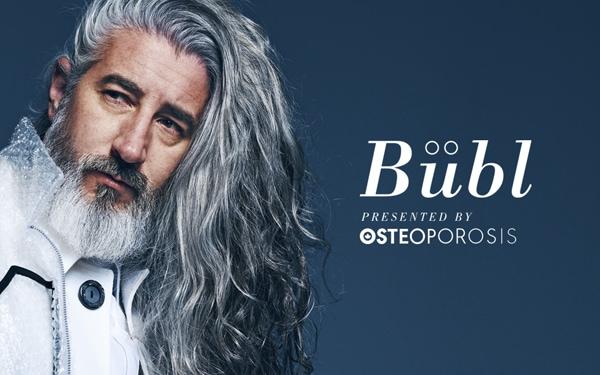
Despite Recent Studies, Calcium and Vitamin D Remain Important Nutrients for Overall Bone Health

Despite Recent Studies, Calcium and Vitamin D Remain Important Nutrients for Overall Bone Health
A recent report by the US Preventive Services Task Force (USPSTF) suggests that low doses of vitamin D up to 400 IU daily and calcium supplements up to 1000 mg daily are not effective in reducing the risk of fracture in healthy people (that is, people without osteoporosis or fractures).
The report expresses concerns that the use of calcium and vitamin D supplements may increase the risk of kidney stones in certain individuals and that for some, the potential benefit may not justify the potential harm.
Further research is needed to better determine the benefits and risks of calcium and vitamin D supplementation in healthy low risk adults. Based on all research to date, Osteoporosis Canada still recommends that those who are 50 years of age or more take 1200 mg of elemental calcium daily, preferably from dietary sources, and 800-2000 IU of a vitamin D supplement daily. Those who are under 50 and at high risk (with osteoporosis, multiple fractures, or conditions affecting vitamin D absorption) also require 800 – 2000 IU of a vitamin D supplement daily.
Along with exercise, good nutrition, and in some cases medication (for those who have an increased risk of fracture), dietary calcium and vitamin D supplementation are important components of a comprehensive plan to maintain your bone health.
Osteoporosis Canada urges all individuals to get the recommended amounts of calcium and vitamin D to protect their bone health.
It is important to talk to and work with your doctor to determine your fracture risk and to ensure that you have the bone health plan that is right for you.
Scientific Advisory Council
Osteoporosis Canada’s rapid response team, made up of members of the Scientific Advisory Council, creates position statements as news breaks regarding osteoporosis. The position statements are used to inform both the healthcare professional and the patient. The Scientific Advisory Council (SAC) is made up of experts in Osteoporosis and bone metabolism and is a volunteer membership.


